Birth of American Red Cross
On May 21, 1881, Clara Barton established the American Red Cross. With locations in every US state and territory, it’s grown to become one of the most recognizable crisis response organizations in the country.
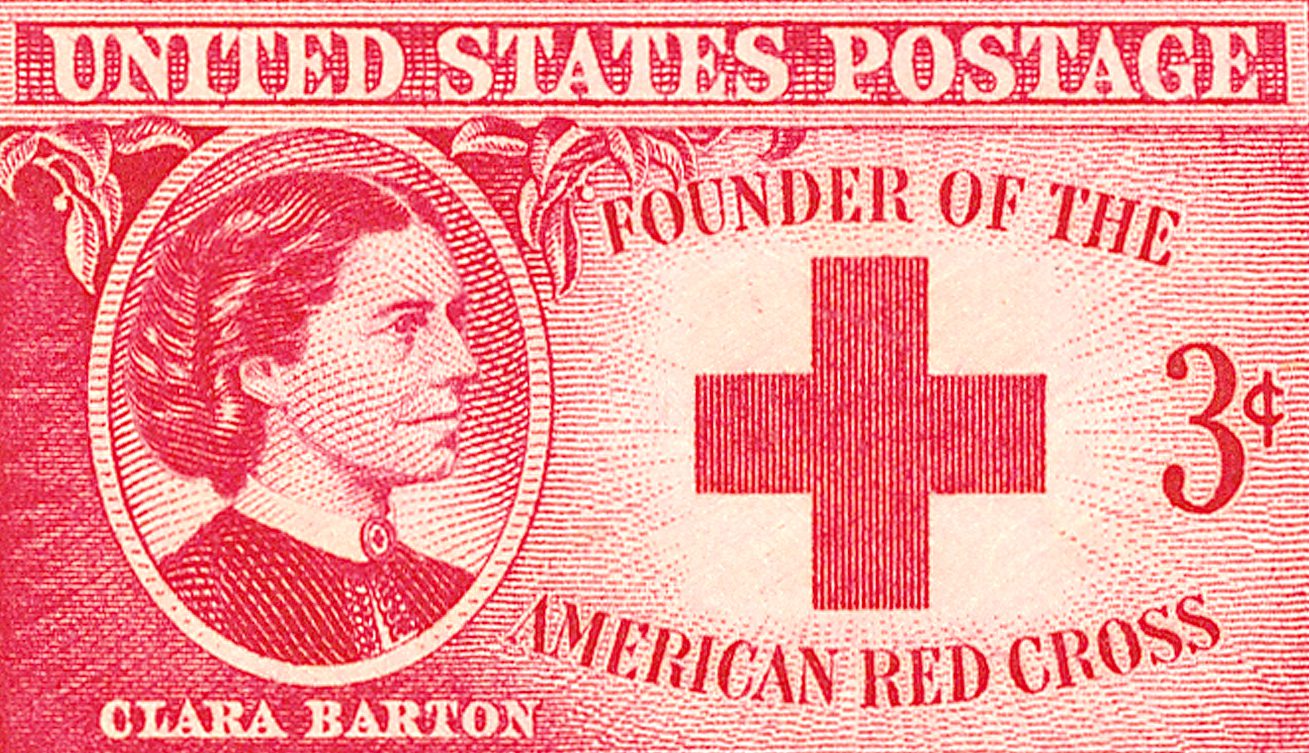
On May 21, 1881, Clara Barton established the American Red Cross. With locations in every US state and territory, it’s grown to become one of the most recognizable crisis response organizations in the country.
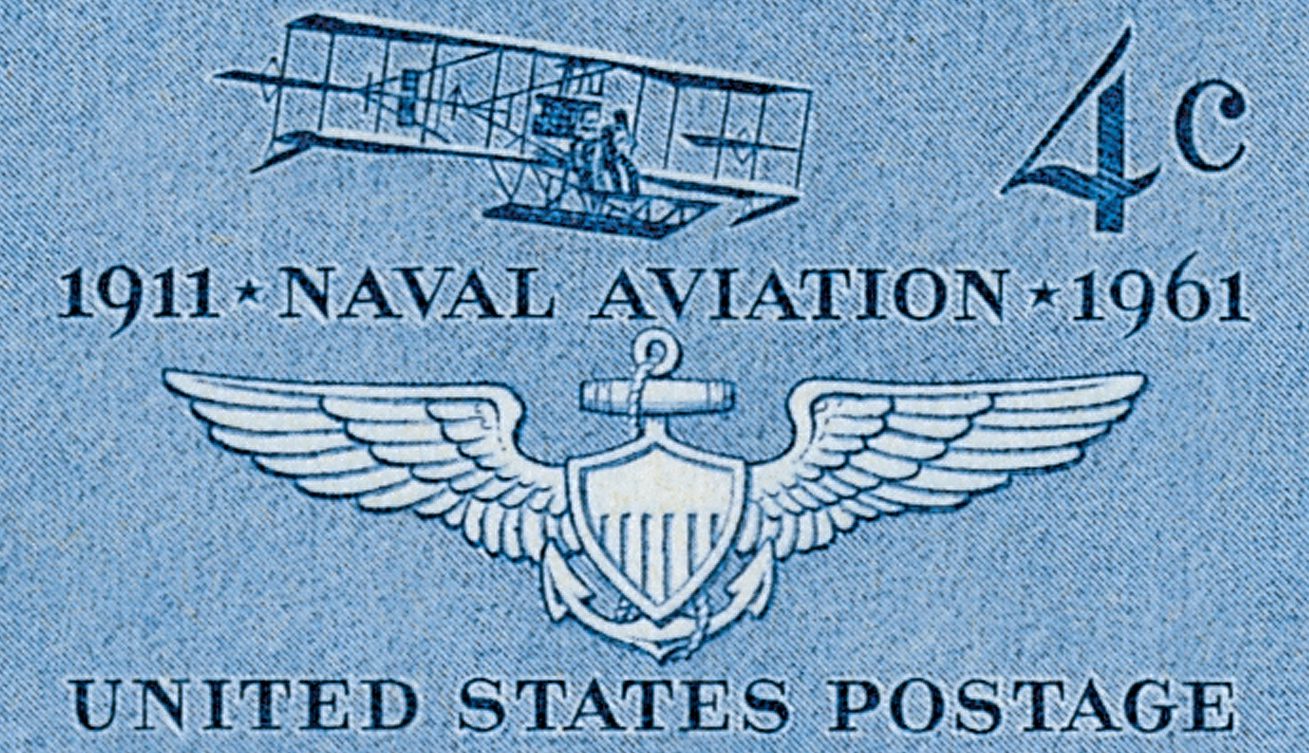
On May 8, 1911, the US Navy purchased its first airplane. This date is celebrated as the birth of US naval aviation.
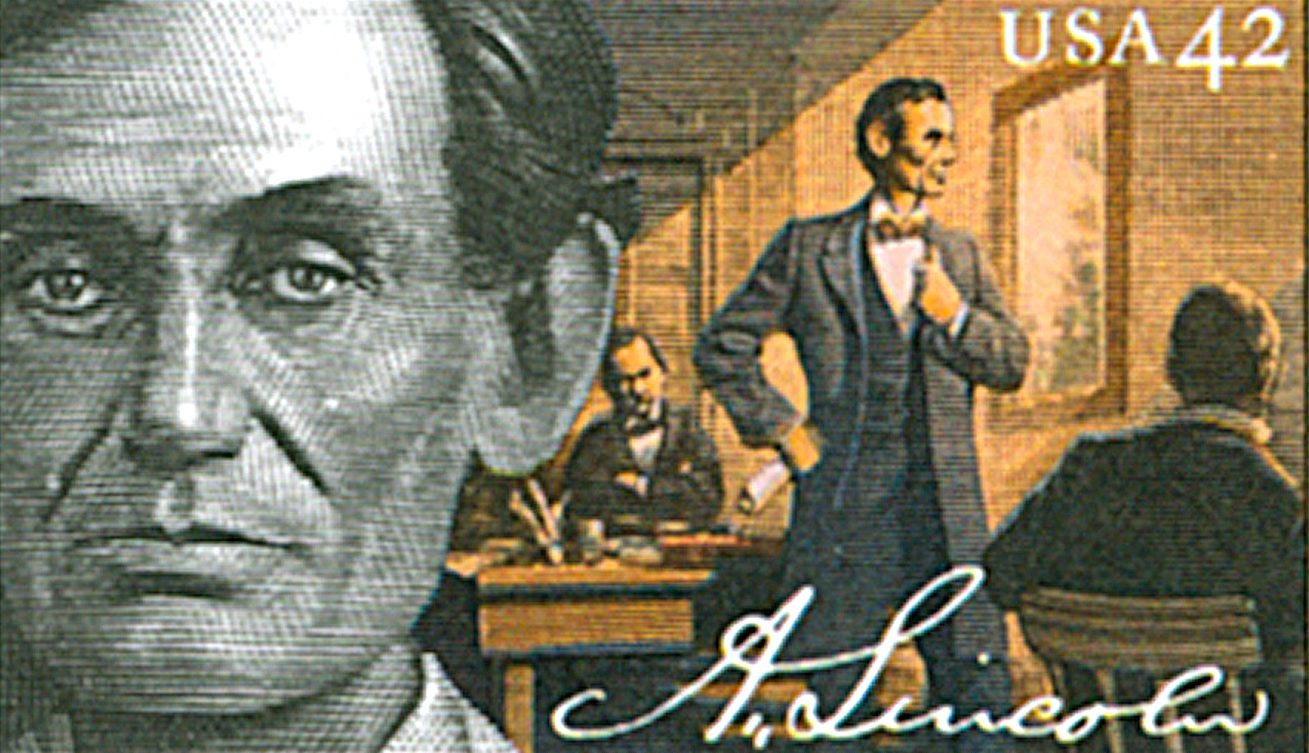
On May 7, 1833, future President Abraham Lincoln took a job as postmaster for New Salem, Illinois. Holding that position for three years, he was well-liked and respected for his commitment to his postal customers.
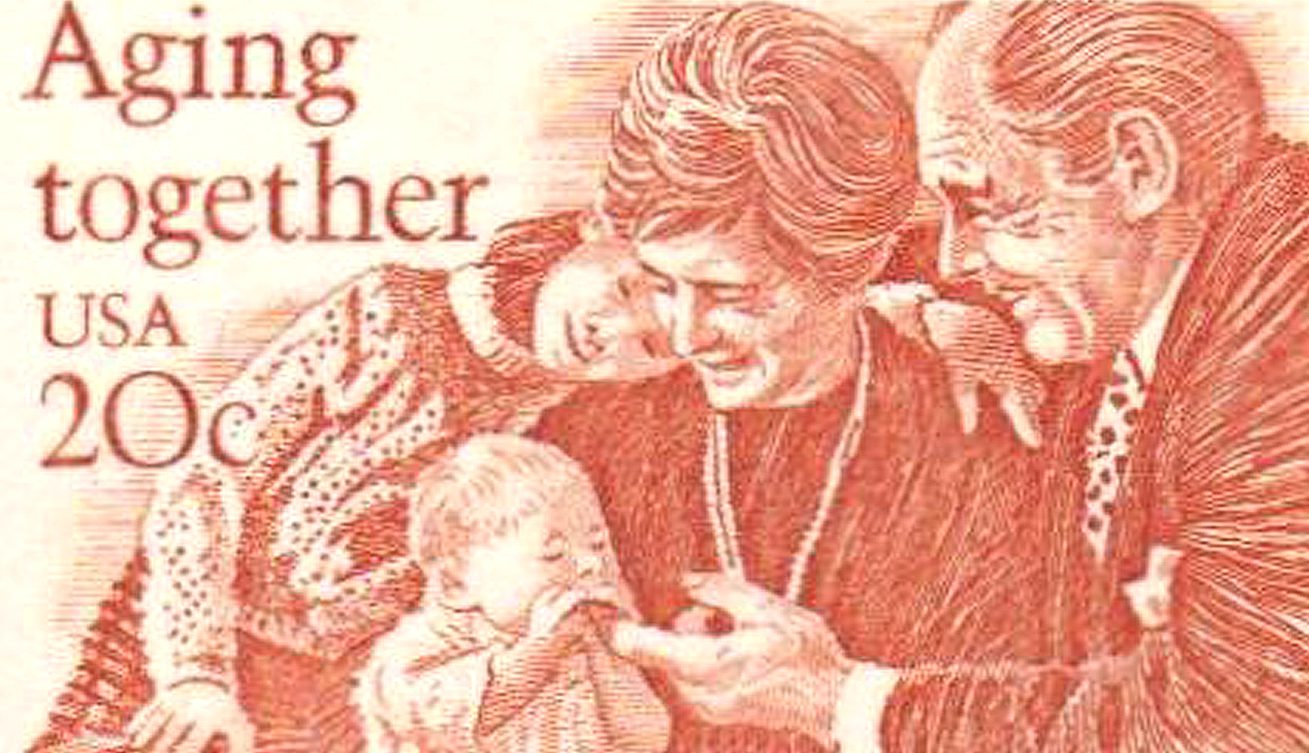
On May 1, 1963, the US observed its first Senior Citizens Months, later renamed Older Americans Month. Since its inception, it has been a time to raise awareness of issues facing older Americans as well as honor their contributions to our nation.
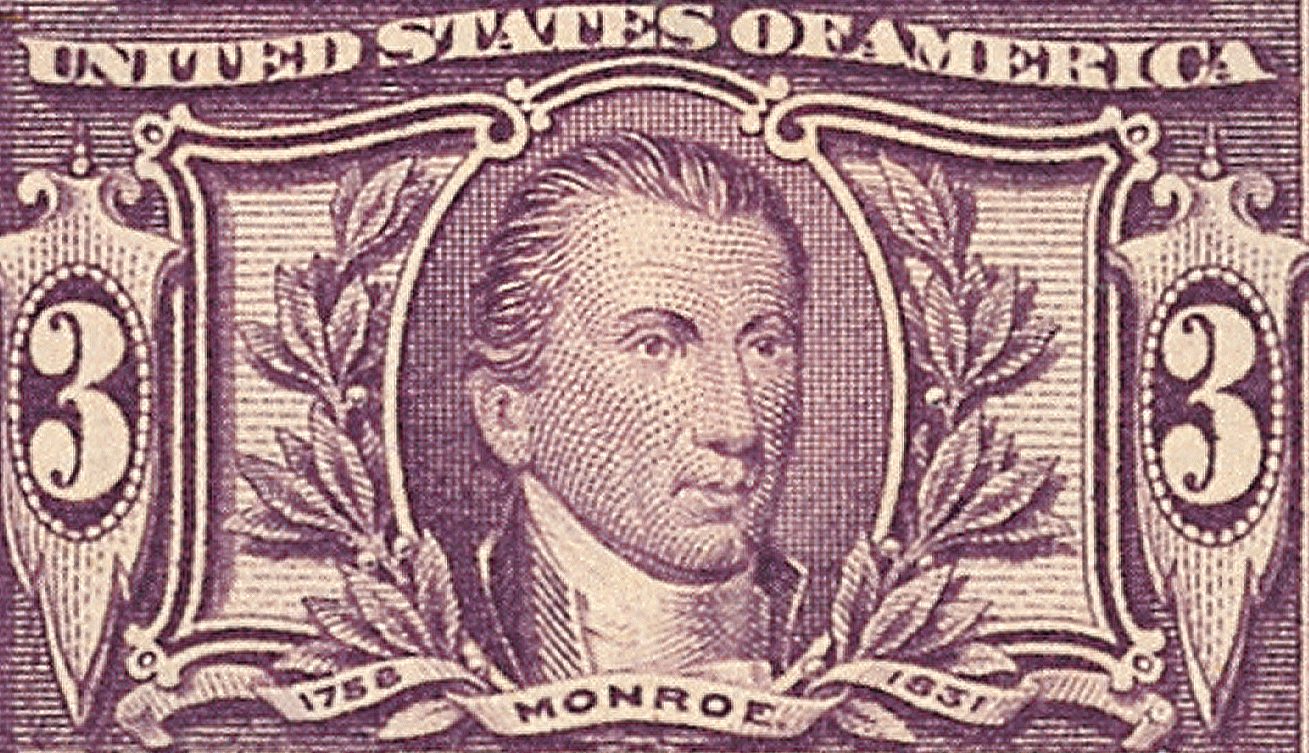
James Monroe was born in Westmoreland County, Virginia, on April 28, 1758, to successful plantation owners. America’s fifth president, Monroe presided over the “Era of Good Feelings” and issued the Monroe Doctrine, a policy that was invoked by presidents well into the 20th century.
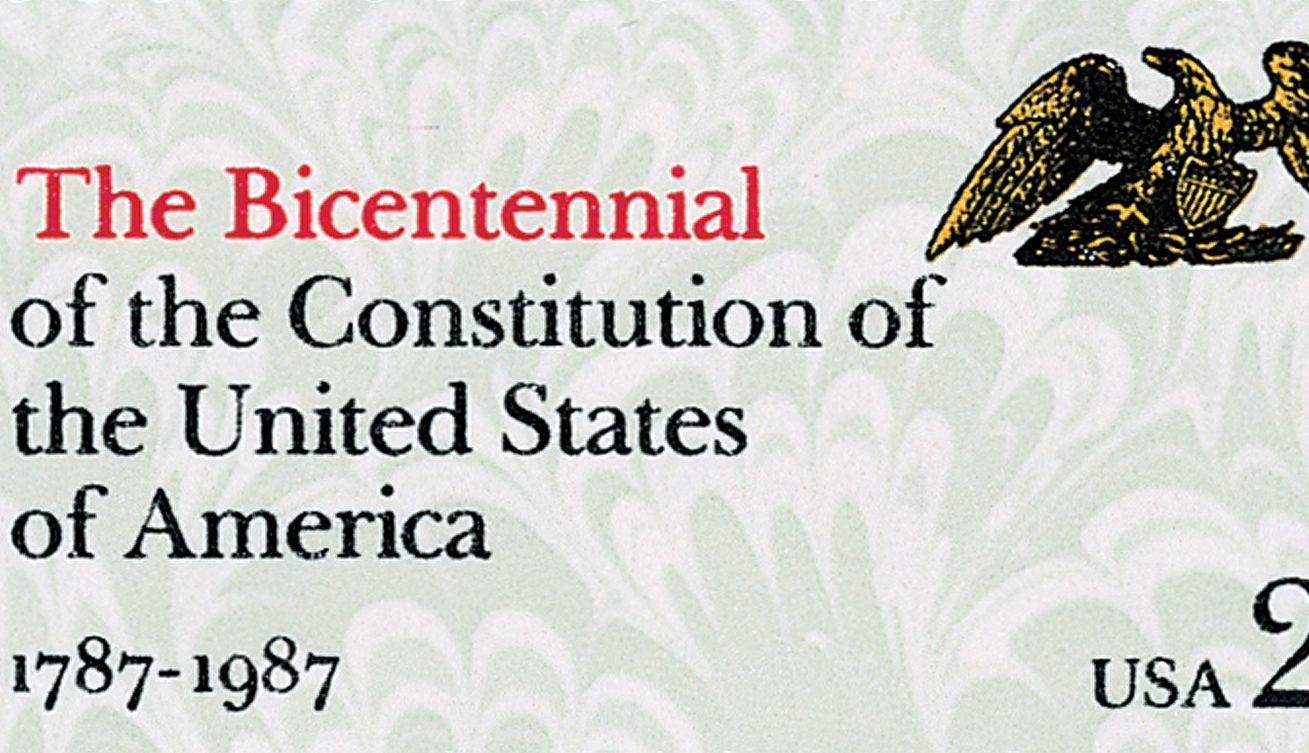
On April 27, 1861, Abraham Lincoln became the first US president to suspend the writ of habeas corpus – the right to be released from unlawful detention. He took this controversial move in the hopes it would prevent Maryland from joining the Confederacy.

On April 24, 1800, President John Adams officially established the Library of Congress. It’s America’s oldest federal cultural institution, and one of the largest libraries in the world, with more than 171 million items.

On April 23, 1635, the Boston Latin School opened its doors. It’s America’s oldest school and first public school.
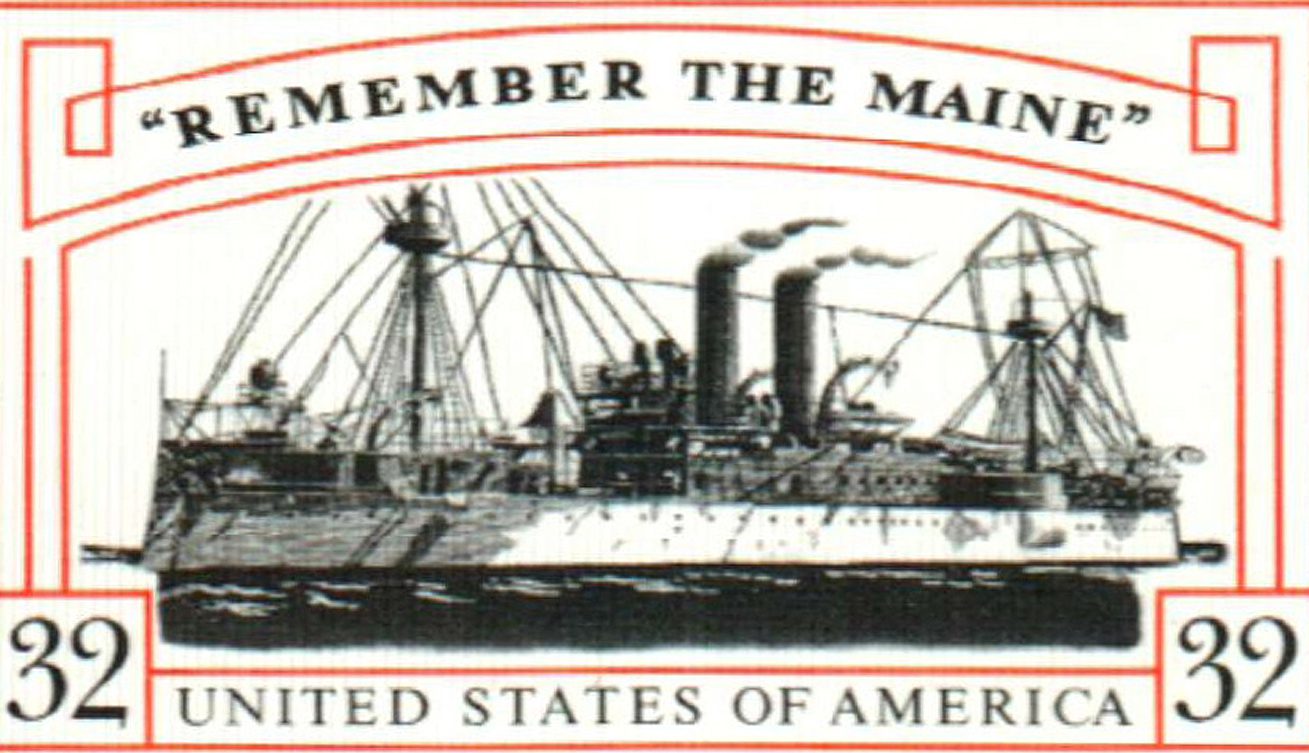
On April 21, 1898, Spain ended diplomatic relations with America and the US Navy established a blockade of Cuba, marking the official start of the Spanish-American War. The war would last less than four months, but saw the downfall of the Spanish Empire and the rise of America as a major world power with several new possessions.